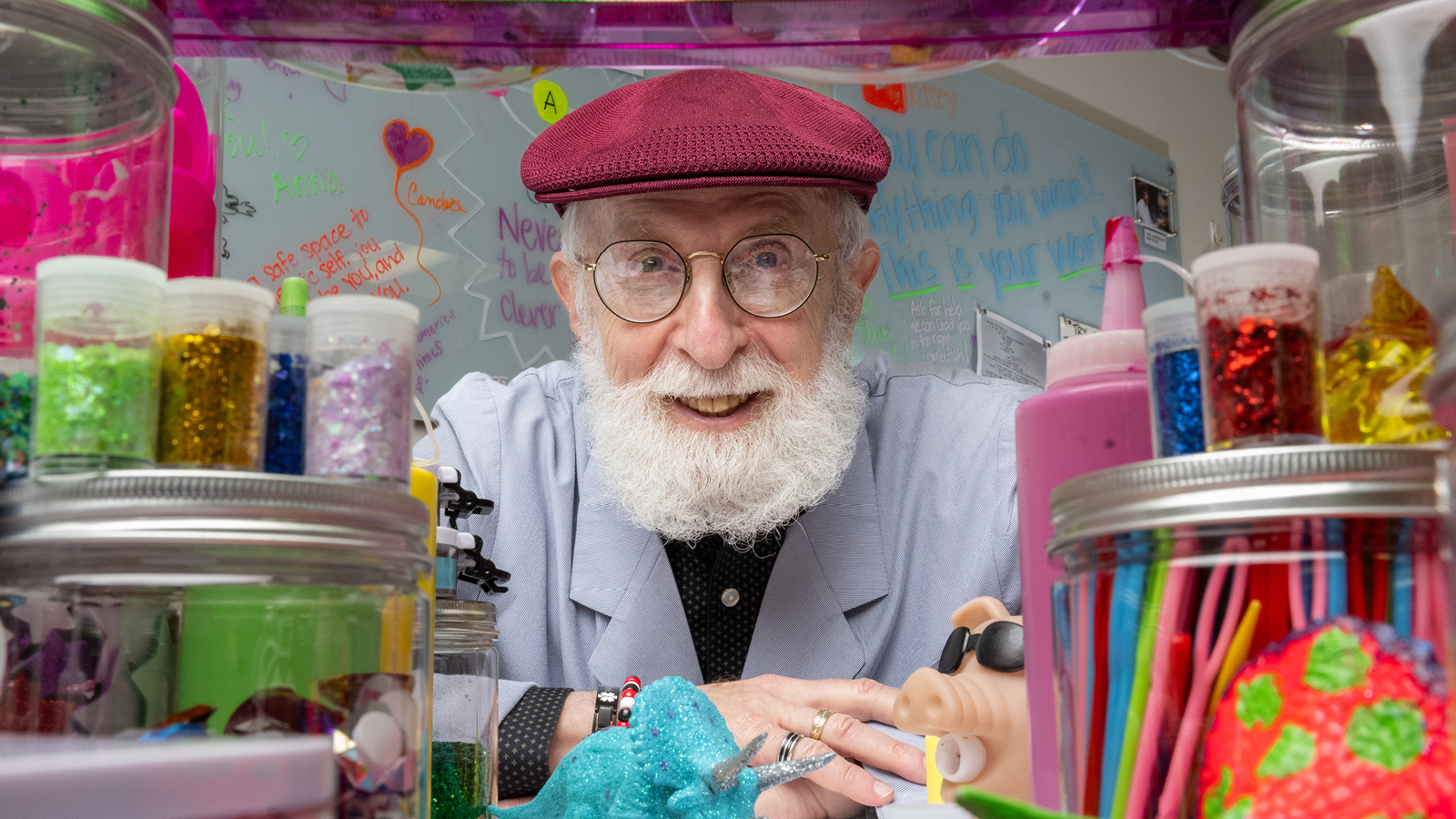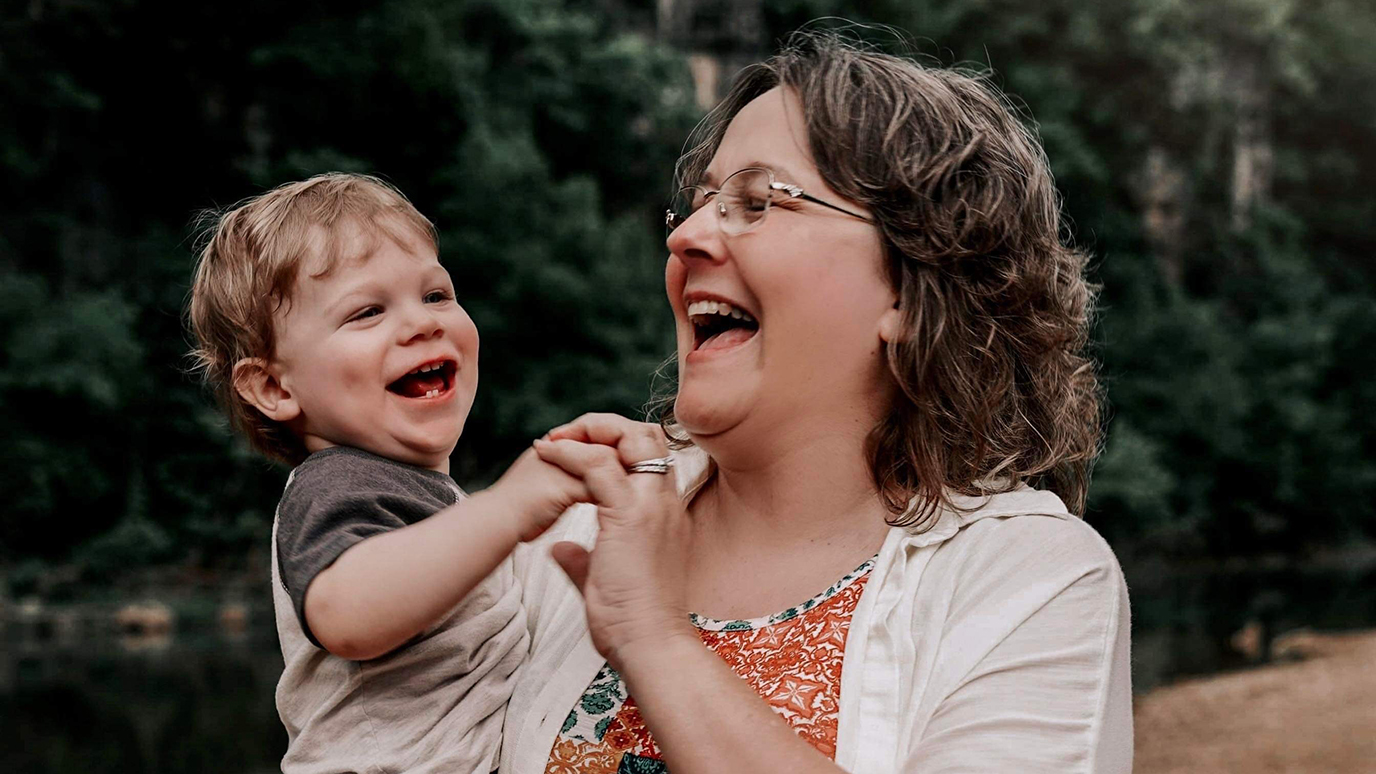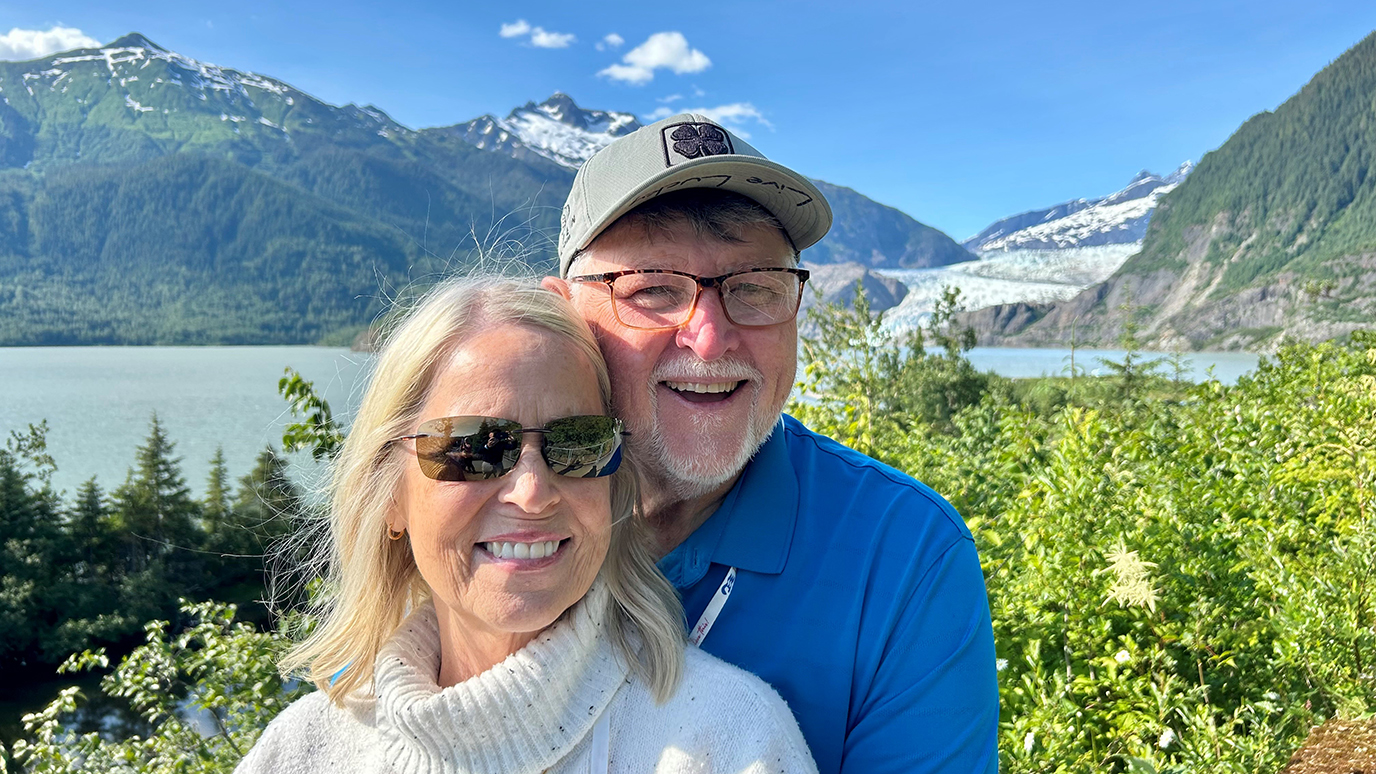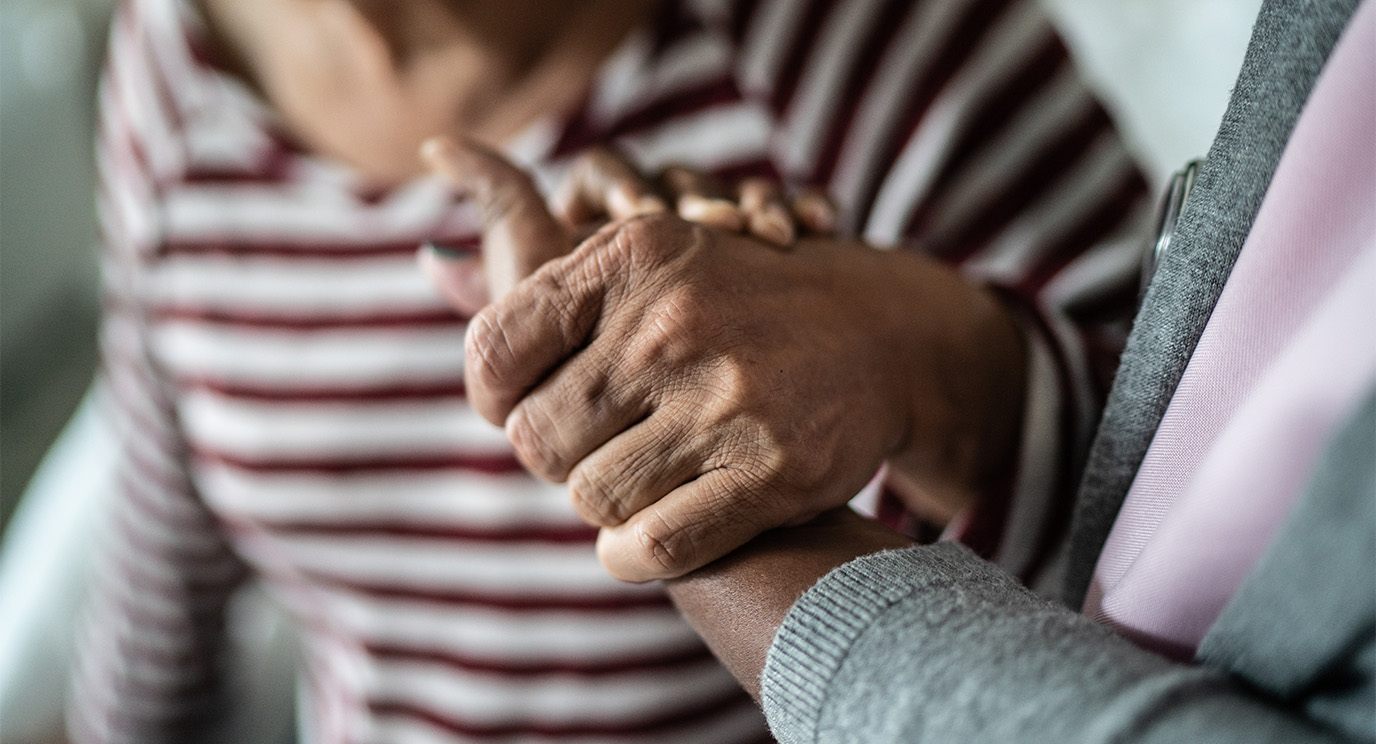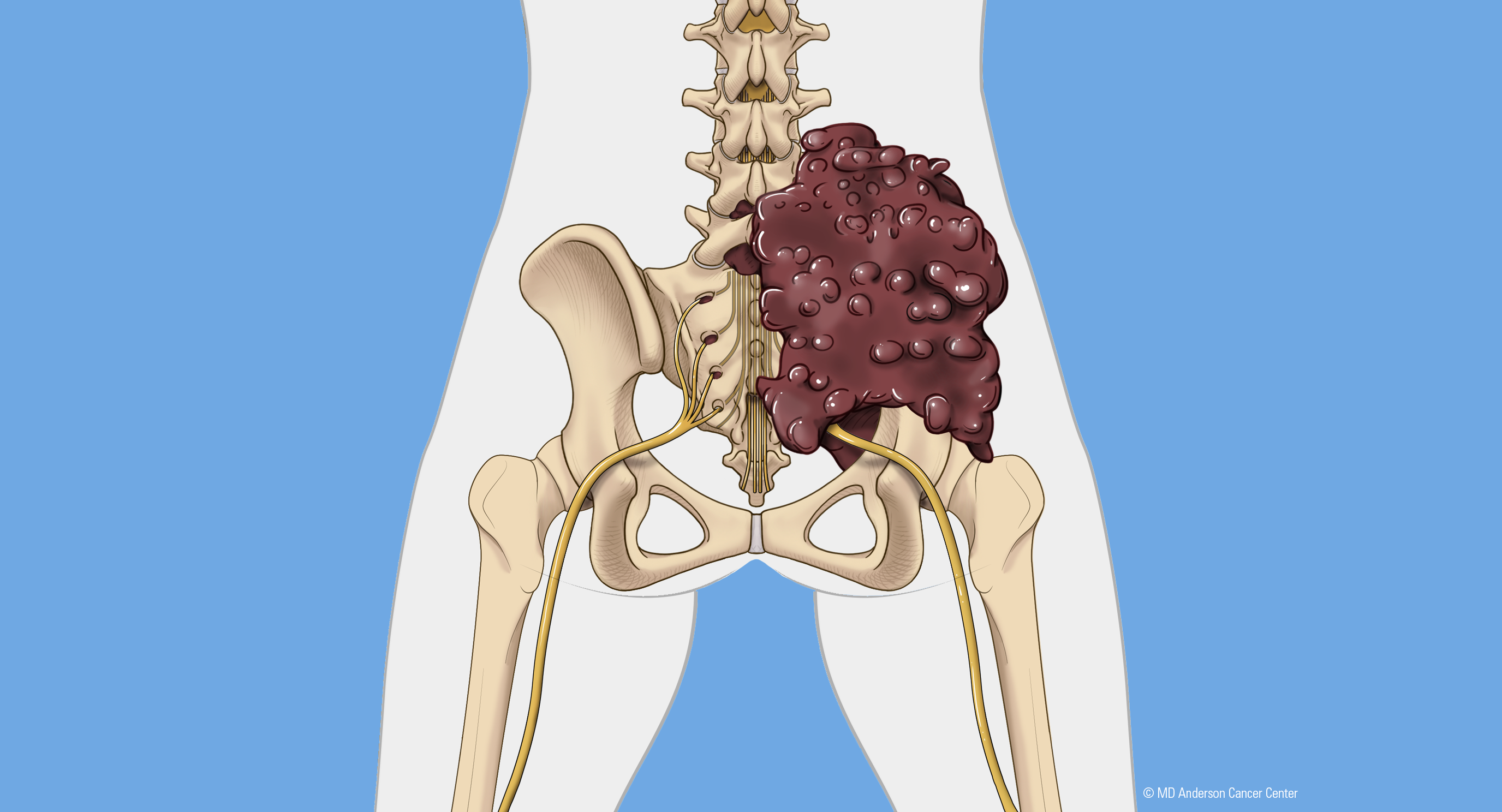- Diseases
- Acoustic Neuroma (14)
- Adrenal Gland Tumor (24)
- Anal Cancer (66)
- Anemia (2)
- Appendix Cancer (16)
- Bile Duct Cancer (28)
- Bladder Cancer (68)
- Brain Metastases (28)
- Brain Tumor (228)
- Breast Cancer (710)
- Breast Implant-Associated Anaplastic Large Cell Lymphoma (2)
- Cancer of Unknown Primary (4)
- Carcinoid Tumor (8)
- Cervical Cancer (154)
- Colon Cancer (164)
- Colorectal Cancer (110)
- Endocrine Tumor (4)
- Esophageal Cancer (42)
- Eye Cancer (36)
- Fallopian Tube Cancer (6)
- Germ Cell Tumor (4)
- Gestational Trophoblastic Disease (2)
- Head and Neck Cancer (4)
- Kidney Cancer (124)
- Leukemia (344)
- Liver Cancer (50)
- Lung Cancer (288)
- Lymphoma (284)
- Mesothelioma (14)
- Metastasis (30)
- Multiple Myeloma (98)
- Myelodysplastic Syndrome (60)
- Myeloproliferative Neoplasm (4)
- Neuroendocrine Tumors (16)
- Oral Cancer (98)
- Ovarian Cancer (172)
- Pancreatic Cancer (166)
- Parathyroid Disease (2)
- Penile Cancer (14)
- Pituitary Tumor (6)
- Prostate Cancer (144)
- Rectal Cancer (58)
- Renal Medullary Carcinoma (6)
- Salivary Gland Cancer (14)
- Sarcoma (234)
- Skin Cancer (294)
- Skull Base Tumors (54)
- Spinal Tumor (12)
- Stomach Cancer (60)
- Testicular Cancer (28)
- Throat Cancer (90)
- Thymoma (6)
- Thyroid Cancer (98)
- Tonsil Cancer (30)
- Uterine Cancer (78)
- Vaginal Cancer (14)
- Vulvar Cancer (18)
- Cancer Topic
- Adolescent and Young Adult Cancer Issues (20)
- Advance Care Planning (10)
- Biostatistics (2)
- Blood Donation (18)
- Bone Health (8)
- COVID-19 (362)
- Cancer Recurrence (120)
- Childhood Cancer Issues (120)
- Clinical Trials (620)
- Complementary Integrative Medicine (22)
- Cytogenetics (2)
- DNA Methylation (4)
- Diagnosis (224)
- Epigenetics (6)
- Fertility (62)
- Follow-up Guidelines (2)
- Health Disparities (14)
- Hereditary Cancer Syndromes (122)
- Immunology (18)
- Li-Fraumeni Syndrome (8)
- Mental Health (116)
- Molecular Diagnostics (8)
- Pain Management (64)
- Palliative Care (8)
- Pathology (10)
- Physical Therapy (18)
- Pregnancy (18)
- Prevention (880)
- Research (384)
- Second Opinion (74)
- Sexuality (16)
- Side Effects (596)
- Sleep Disorders (10)
- Stem Cell Transplantation Cellular Therapy (216)
- Support (404)
- Survivorship (324)
- Symptoms (182)
- Treatment (1762)
Support groups: A cancer patient's best friend and best weapon
BY Mike Snyder
5 minute read | Published January 15, 2013
Medically Reviewed | Last reviewed by an MD Anderson Cancer Center medical professional on January 15, 2013
I don't remember when I first heard of support groups, but I do remember the first time someone suggested I join one.
It was spring of 2005 and my orthopedic oncologist had just told me my left leg would need to be amputated because bone cancer had returned. The tumors were so big that cutting them out would not leave enough bone intact for an artificial joint to work. I needed to lose my leg in order to save my life.
While discussing the technicalities of cutting my leg off, healing and getting fitted for a prosthetic, the doctor suggested joining a support group.
"This is going to be hard on you, Mike," she said. "You're going to feel a sense of loss, like someone died. Please consider it."
I said I would, but I promptly pushed aside the idea. I had handled the emotional baggage of all my other operations. What made this one different? I was conveniently forgetting the year I'd spent in counseling during my mid-twenties as I came to terms with growing up disabled and the years of feeling like I'd been cast aside.
Why I joined a support group
I finally considered a support group about a year after that conversation with my doctor. It was about the same time my cancer came back.
I was grappling with the news of cancer's return and the idea of more surgery, unsure of what to do next and wondering what I should be feeling besides anger and betrayal.
A co-worker walked into my office and said, "I'm sorry to hear that your cancer is back. But I'll bet you don't know that several of us here know exactly how you feel because we're all fighting cancer, too."
"You're right," I said. "I didn't know that."
"We call ourselves the Chemo-Sabes," he said. "We're getting together for lunch next week, and we'd like you to join us. It's nothing formal. We just have lunch together and share where we're at with treatments and what our doctors are saying."
I considered it for a minute and thought, "Why not?" The worst that could happen is I would get to know some of my co-workers better. And every one of the Chemo-Sabes were people I liked.
Over the next couple of days, I actually found myself counting down the days until our lunch. I was more excited than I would've expected.
A weight lifted
But when the day arrived, I was a little nervous and not sure what to expect.
We got to the restaurant ahead of everyone else and found our table. The rest of the group arrived and before I could say anything, one of the members gave me a warm hug, welcoming me to the group. We all sat down, ordered lunch and began to talk.
When it was my turn, I nervously looked around the table. I took a deep breath and began talking about my cancer journey. Before I knew it, nearly 45 minutes had passed and our lunch plates were mostly empty. There were smiles, a few tears, lots of reassuring looks and many words of encouragement directed my way.
More than anything, I felt like I had set down a 200-pound backpack. My heart was lighter than it had been in years.
My friends around the table understood better than anyone what I had felt, what I had feared and what I had faced. And in that moment, I understood why support groups can be a cancer patient's best weapon, and best friend, in our journey.
An essential part of my cancer journey
Very often, one of the hardest things about cancer isn't learning that we have it; it's telling others that we have it. Naturally we try and soften the news rather than hurt family and friends. And we push our own feelings aside for the moment.
While our intent is noble, we end up short-changing ourselves because we never get to talk about our feelings in an open, candid manner.
Having that discussion, especially with other patients, is actually an essential part of our cancer journey. By sharing our hopes, our fears and everything in between, we're calmer and less stressed about our cancer. Releasing that stress in a positive manner lets our body use its energy elsewhere.
The result is we're helping ourselves become stronger and better prepared to move forward in our cancer battle.
How to find a support group
So, how do you find a support group? Start by asking your health care provider. They're trained to treat the whole person. That's not just a cliche', but the way care is administered now. It's why the form we fill out during every visit asks how we're feeling emotionally.
Let your health care team know you're interested in finding a support group. MD Anderson has its own in-house network of support groups and other services to help you deal with the range of emotions we all face as cancer patients. They can provide you with a list of specific services.
To be completely honest, when my doctor first mentioned a support group, I was too full of pride and too embarrassed to consider the idea. When the cancer came back, my fear and need for help pushed pride and embarrassment right out the window. After that first lunch with my friends, my only regret was not sharing my cancer journey sooner.
You've chosen to give yourself the best chance for beating cancer by coming to MD Anderson. Don't short-change yourself by missing a part of your treatment that can help you more than you might realize. Find a support group to share your journey with. Next to coming to MD Anderson, it's one of the best things you can do for yourself, and your loved ones. Once you've done it, you, too, may only regret that you didn't do it sooner.
Mike Snyder's cancer journey began with a sore left knee in the mid-1990s. After a variety of tests and minor surgery to correct the problem, he was diagnosed with a specific type of bone cancer called chondrosarcoma. In spring 2011, his doctor recommended that he switch to a hospice-type care because his tumors were growing too fast. This was an answer he refused to accept.

